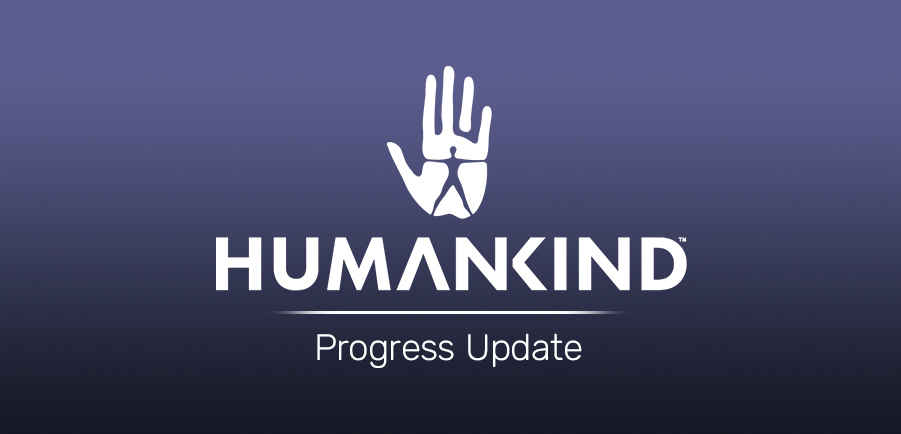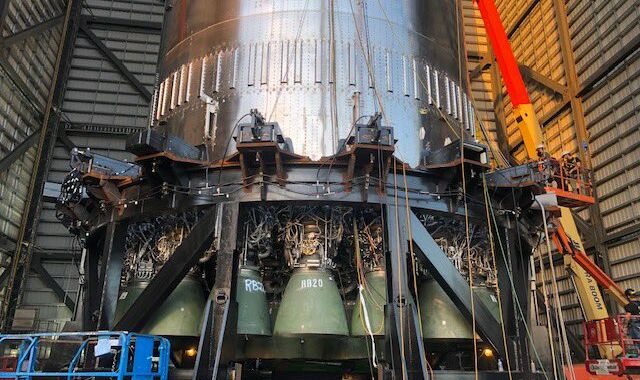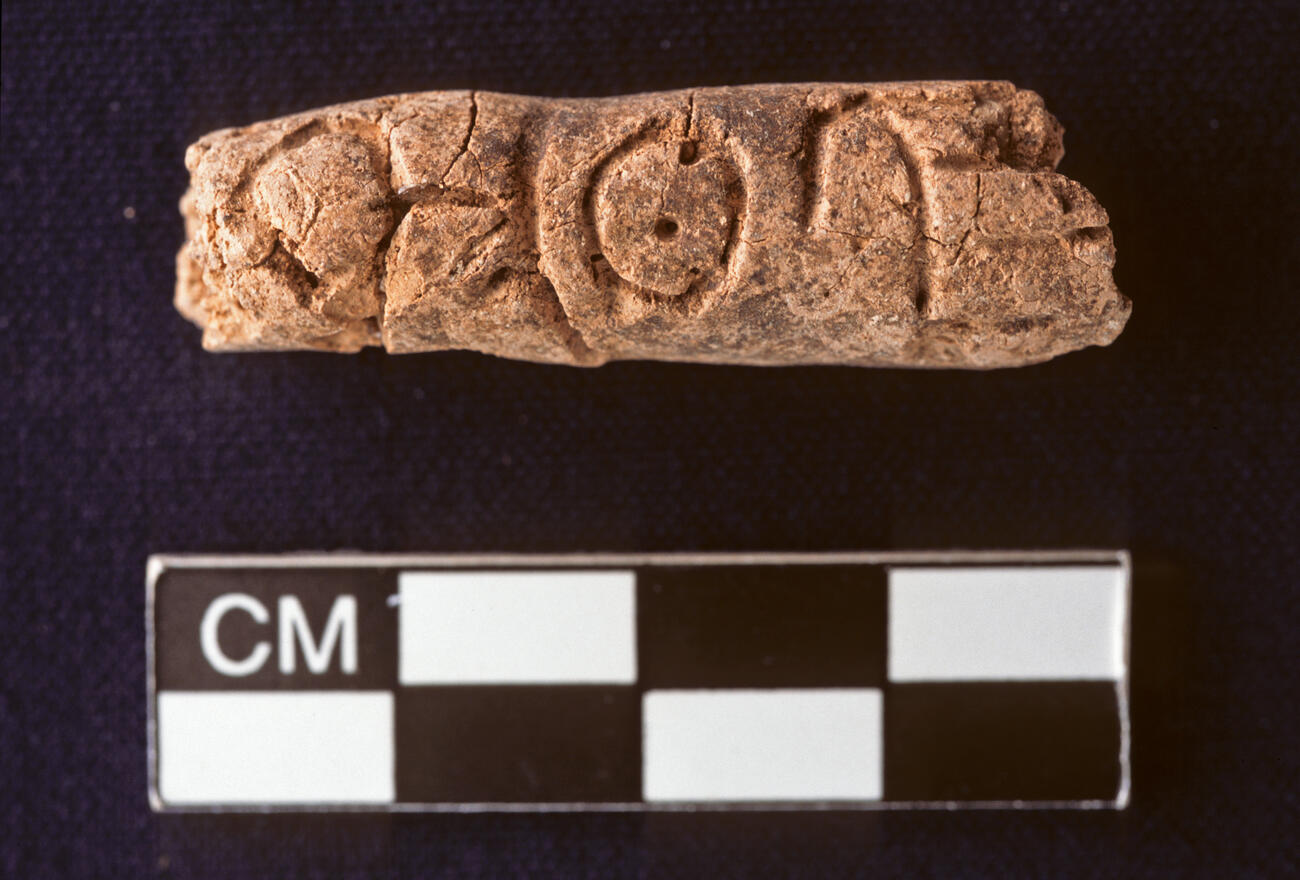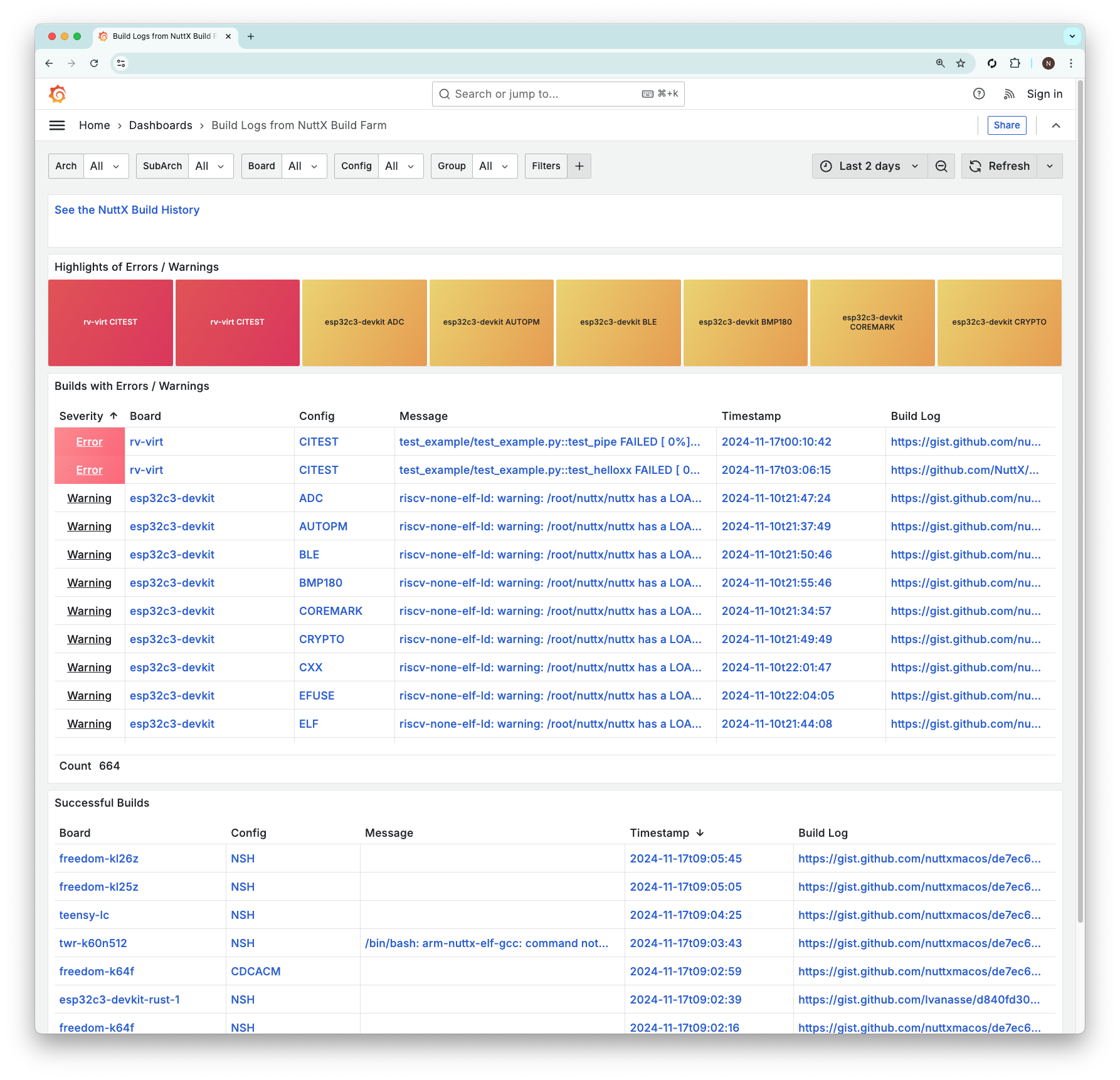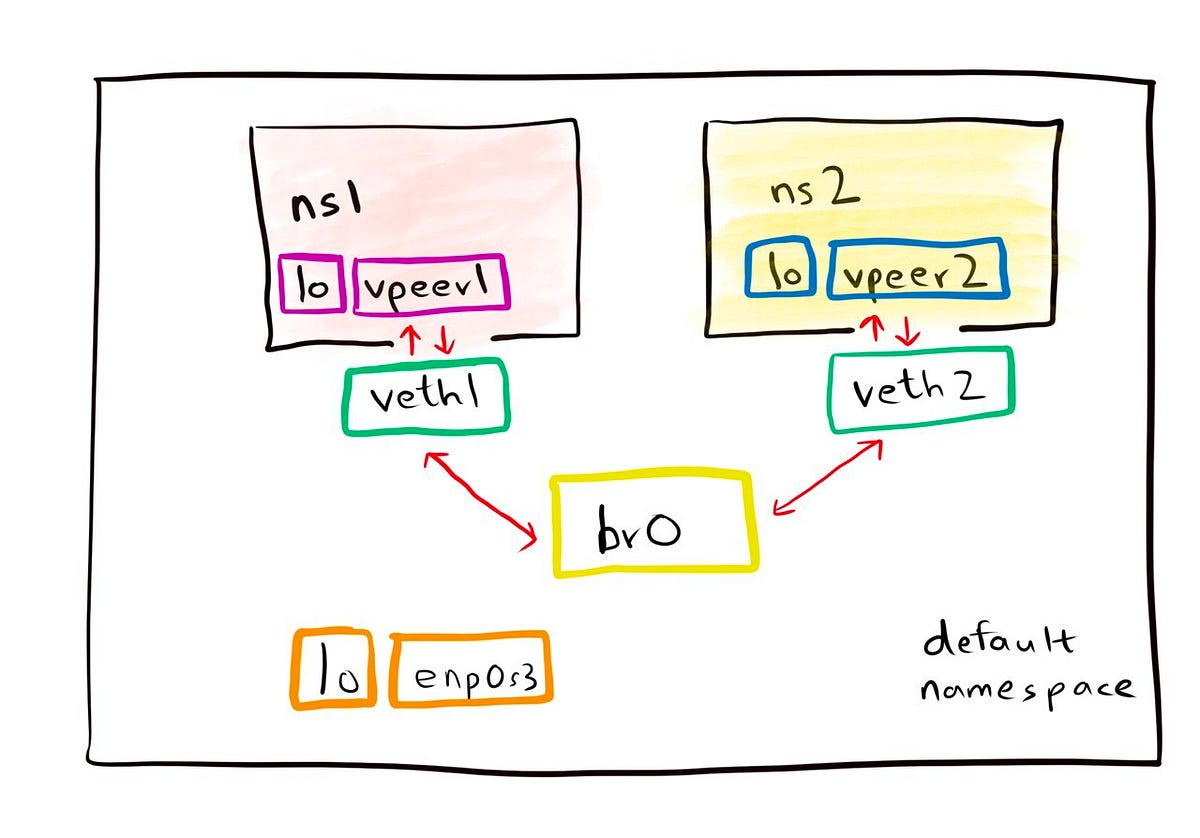
Progress Over Perfection
A lot has been written about the death of product management. Let me be clear: the core of what we do will continue, while the tactical elements transform. This shift will empower those who've been focused on the craft rather than making them obsolete.
Product management connects today's activities to the future your customers want to inhabit. This means cultivating a product vision through customer conversations, competitive analysis, industry observation, and deep understanding of how customers use your product. It means connecting that vision to long and short term projects to make that vision a reality. It means assessing the impact of that work to inform future projects. And around it goes.
PMs also inevitably create mountains of documents. Clarity and alignment require documentation – product requirements, meeting agendas, incident post-mortems, email updates, presentations, and more. At its worst, this documentation burden overwhelms the more important but less urgent work of future-building.
Enter AI tools that make document creation almost trivial. While volume is now easy, the bar for quality is higher than ever. Seed AI with limited thinking, and you'll get boilerplate back. But when you've done the strategic work to understand what needs to be conveyed and why, these tools help surface overlooked elements and communicate with precision. Document format and length no longer signal competence – substance matters more than ever.





